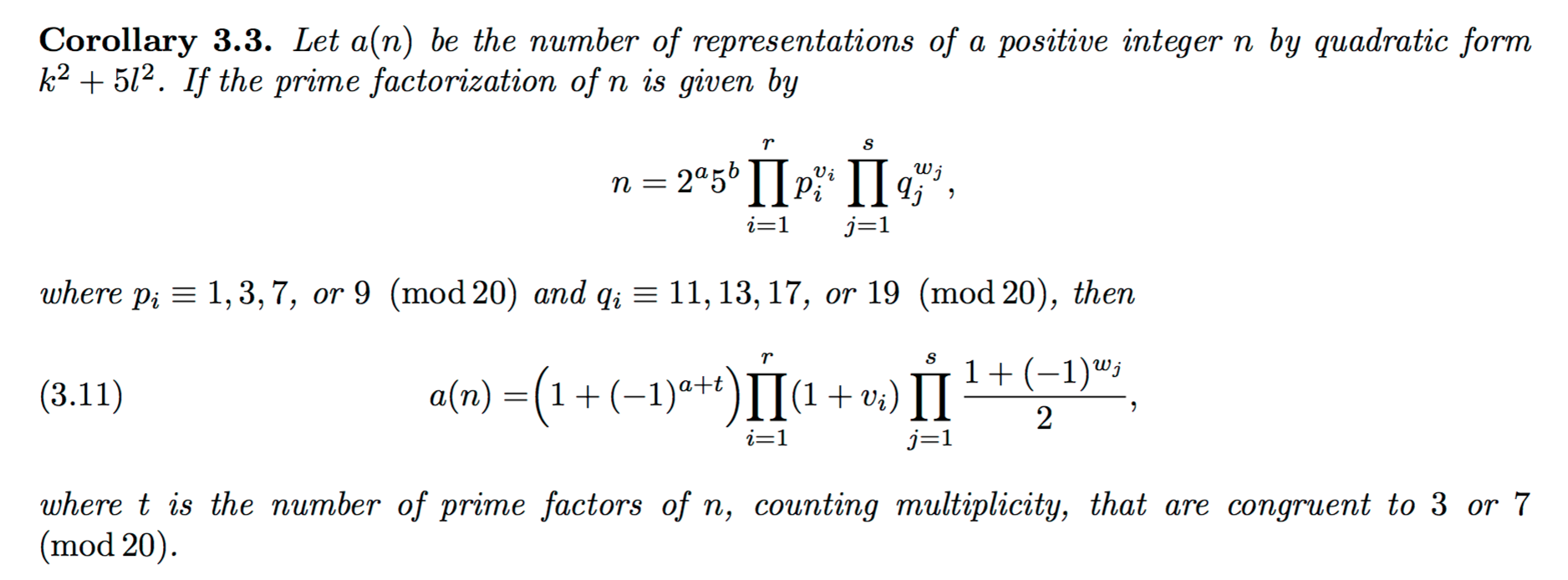The requested generalization of Jacobi's two-square theorem is a remarkably recent result: N. Bagis and M.L Glasser, On the Number of Representations of Integers by various Quadratic and Higher Forms (2015):
http://ilorentz.org/beenakker/MO/sumofsquares_2.png
where $r(n)$ is Jacobi's formula for the number of representations of $n=x^2+y^2$.
I understand from the comments that this (general but complicated) formula is not what the OP was looking for. Berkovich and Yesilyurt in Ramanujan's Identities and Representation of Integers by Certain Binary and Quaternary Quadratic Forms (2006) give rather simple expressions for specific cases of $n=x^2+ay^2$. I reproduce below the result for $a=5$, and there are others (6,15,27,...). As explained in this 2012 MO posting, there is no simple Jacobi-type formula that will apply to any $a$.
http://ilorentz.org/beenakker/MO/arXiv_0611300.png
